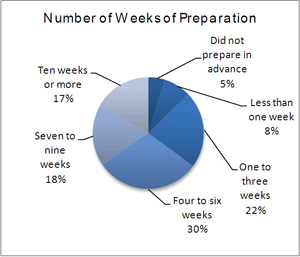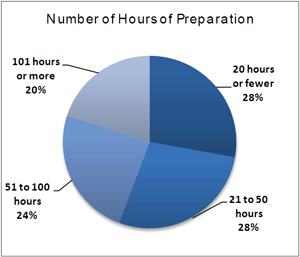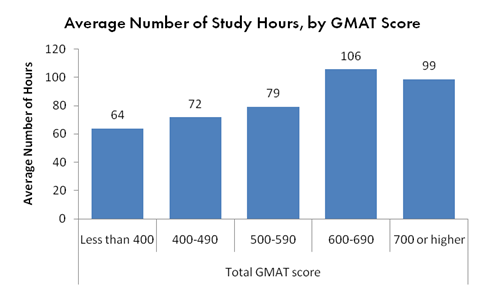Top Podcasts for MBAs
/How I Built This
How I Built This is a podcast about innovators, entrepreneurs, and idealists, and the stories behind the movements they built. Each episode is a narrative journey marked by triumphs, failures, serendipity and insight — told by the founders of some of the world's best known companies and brands. If you've ever built something from nothing, something you really care about — or even just dream about it. (45 min per episode)
- Good for: Entrepreneurs, Tech, VCs, General Managers
- Interesting interviews with CEOs and Founders that help you "see sooner, faster" when reacting to challenges that any entrepreneur will encounter. Episodes are pretty inspiring. If you're an entrepreneurial person with a good idea but who has also been procrastinating, this will light a fire under your butt.
- Very conversational and easy to listen to. Guy Raz is a great interviewer and the subjects are pretty compelling.
NPR News Now
NPR News Now is the latest news in five minutes. Updated hourly. (5 min per episode)
- Good for: everyone.
- The fastest way to keep up to date on your way to and from class. New episodes are updated hourly (indexed on Washington DC time) and seldom repeat segments wholesale, so it is worth listening to whenever there is an update. Episodes are short so they won't burn your cell phone's data plan.
- An excellent balance of US and world news with a consistently professional narration and neutral tone of voice. Much less prone to hysterics and hyperbole than CNN or Fox.
Revisionist History
Revisionist History is Malcolm Gladwell's journey through the overlooked and the misunderstood. Every episode re-examines something from the past—an event, a person, an idea, even a song—and asks whether we got it right the first time. From Panoply Media. Because sometimes the past deserves a second chance. (~35 min per episode)
- Good for: consultants, social enterprise, public sector
- Basically, every episode of this podcast is a case study in how to get a good grade in a case-based classroom. You may not always agree with Gladwell's points, but they are always incredibly interesting, consequential, well-researched, and surprising. Gladwell points out how complicated systems such as government work and where they have broken down in surprising ways in the past. This is a great source of inspiration if you are interested in improving the world but are unsure which issues are most pressing.
- If you've read any of his books (or better yet, listened to any of his audiobook readings) you know Gladwell is a master story teller and narrator. These are the kinds of podcasts you enjoy alone, like a rich dessert.
Freakonomics Radio
Freakonomics Radio is an award-winning weekly podcast with 8 million downloads per month. It can also be heard on public radio stations across the country, on SiriusXM, on several major airlines, and elsewhere. Host Stephen J. Dubner has surprising conversations that explore the riddles of everyday life and the weird wrinkles of human nature — from cheating and crime to parenting and sports. Dubner talks with Nobel laureates and provocateurs, social scientists and entrepreneurs — and his Freakonomics co-author Steve Levitt. Freakonomics Radio is produced by Dubner Productions and WNYC Studios. (~40 min per episode)
- Good for: Investors, Bankers, Consultants.
- Conversational show that presents contrarian views meant to change your mind. Definitely has a libertarian anti-government lean and has been criticized for letting ideology get in the way or research.
- Generally interesting ideas to bat around with friends. Might even lead to some interesting investing decisions.
Planet Money
The economy, explained, with stories and surprises. Imagine you could call up a friend and say, "Meet me at the bar and tell me what's going on with the economy." Now imagine that's actually a fun evening. That's what we're going for at Planet Money.
- Good for: Investors, Entrepreneurs, VCs
- Each episode examines a person or dissects a big idea that had had a profound and previously hidden impact on the economy. Great at helping build an intuition for the cause and effect of business decisions and policy on the overall landscape of the economy.
- Great presenters with a lot of enthusiasm for their ideas. Perfect balance of conversational and informative.
Recode Decode
One of tech's most prominent journalists, Kara Swisher is known for her insightful reporting and straight-shooting style. Listen in as she hosts hard-hitting interviews about the week in tech with influential business leaders and outspoken personalities from media, politics and more.
- Good for: VCs, Tech,
- Kara Swisher interviews the heros of VC, tech and other fields. It's as close as you would otherwise get to a lot of them. However, Swisher is no "gotcha journalist" and often the episodes turn into puff pieces for their subjects. Regardless, it is a front row seat into the mindset of Silicon Valley and the first edition of what leaders there are talking about.
- An easy podcast to come and go with. Good for listening to when you are doing something else.





























